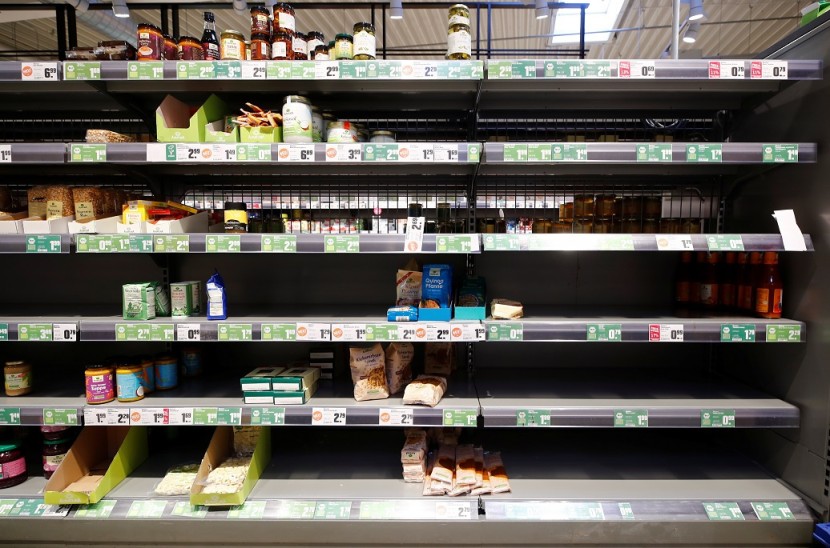
Food panic buying and lockdowns due to the prevailing coronavirus could ignite world food inflation even if there are adequate supplies of staple grains and oilseeds in primary exporting nations.
According to Abdolreza Abbassian, chief economist at the United Nations' Food and Agriculture Organisation (FAO), "All you need is panic buying from big importers such as millers or governments to create a crisis."
He said that the problem is not a supply issue, but a behavioral change over food security.
Abbassian has said over a phone interview from the FAO headquarters in Rome said that a global food supply dilemma could erupt if the bulk buyers and big importers including governments and millers start panic buying.
He has pointed out that consumers across the globe (from Singapore to the U.S.) in the last weeks have begun queueing in supermarkets to stockpile on essential items including toilet paper, rice, hand sanitizers, etc.
The shortages triggered by the coronavirus pandemic has raised the specter of faster inflation across Asia in the coming months.
The short-term spike is expected to be overwhelmed by swamped by slowing economic growth with energy, commodity, and transport costs already falling.
The world's richest nations granted unprecedented aid into the global economy as COVID-19 cases ballooned across Europe and the U.S. The death toll in Italy has been outstripping those in mainland China, the epicenter of the virus.
The epidemic has tallied more than 270,000 infections and over 11,000 deaths and is being compared to dire periods such as World War II and the 1918 Spanish flu pandemic.
Also Read : Coronavirus Fears: Why are People Panic-Buying?
Panic-buying witnessed in many supermarkets in recent weeks could contribute to the rise in inflation and hurt countries' consumer spending growth in the long run.
"The danger of panic buying is that it can create inflation, especially for staple foods," Aviliani, senior economist at the Institute for Development of Economics and Finance (INDEF) said.
According to Alicia Garcia Herrero, chief Asia Pacific economist at Natixis SA, "The short-term effect is inflationary as it is a negative supply shock." As the world copes with the coronavirus pandemic, "it becomes a negative demand shock with downward pressure on inflation."
The global benchmark Chicago wheat futures increased more than 6% this week, touted as the biggest weekly gain in nine months. Rice prices in Thailand have climbed to the highest since August 2013. Thailand is the world's 2nd largest exporter of the grain.
Investors Stockpile on Packaged-Food Shares
Shares of Campbell Soup Co., Conagra Brands Inc., and other packaged food companies rose as an investor reaction to prevalent reports that shoppers are stocking up their pantries as the coronavirus becomes widespread across the globe.
"Anticipation of disruption is driving stockpiling now," Piper Sandler analyst Michael Lavery noted in a research study.
Investors are seeking potential beneficiaries from the outbreak of COVID-19 that has threatened the globe as it spreads beyond its origin in China.
According to Lavery, "We believe U.S. consumers are preparing to be able to stay at home for extended periods, and some food categories may benefit more than others."
Related Article: Things You DON'T Need to Buy in a Pandemic








